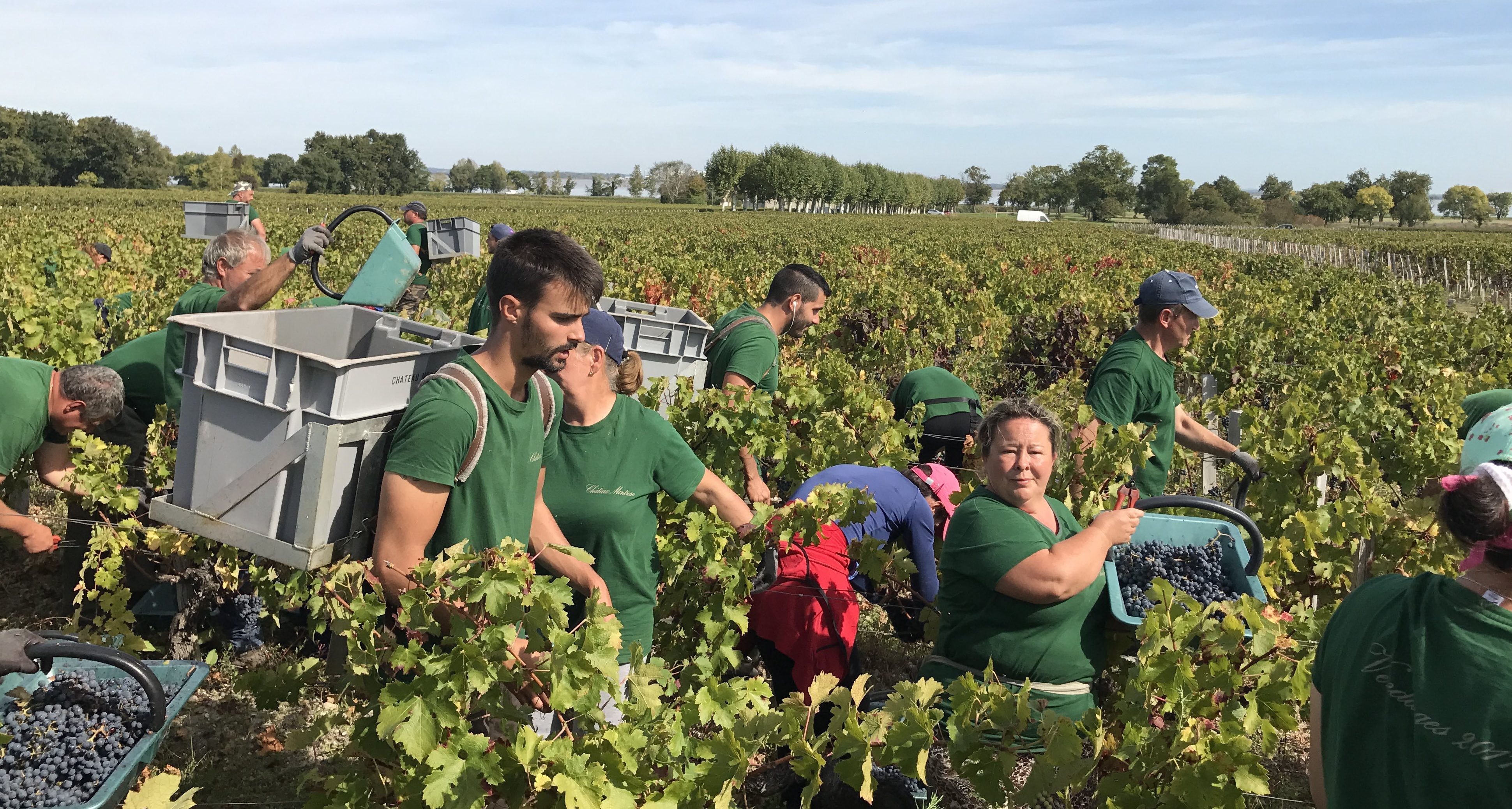Bordeaux’s 2017 vintage is already world famous before a cork has been popped. But this year it’s not just the quality that buyers will be interested in, but how much wine there is to go around after one of its worst weather hit vintages in decades. All will be revealed at this month’s Grand Cercle des Vins de Bordeaux tasting in London.
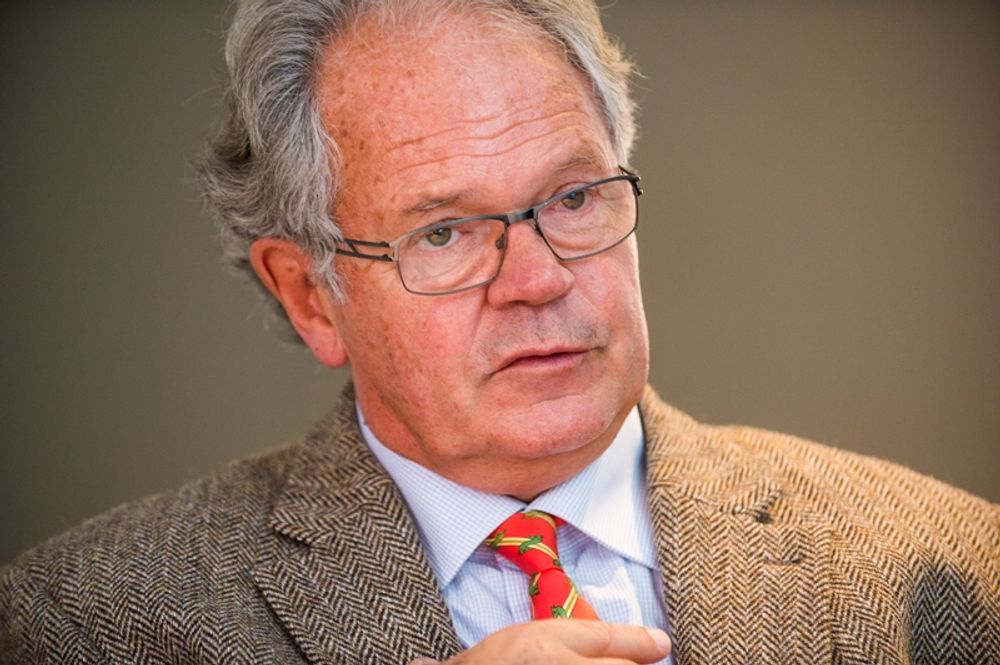
Alain Raynaud believes Bordeaux needs to “wake up” to the fact it needs to prove its quality and place in the world every year
With so many wine events, tastings and masterclasses taking place from producers and generic bodies all over the world it can be easy for the London wine trade to be a bit blasé about which spittoon they turn to next.
But even the most spoilt wine trade professional would do well to put March 13 in their diaries and find time to attend this year’s Grand Cercle des Vins de Bordeaux at Le Méridien, Piccadilly.
For this will be the first opportunity anywhere in the world to taste and analyse en primeur wines from Bordeaux’s troubled 2017 vintage.
One and only…
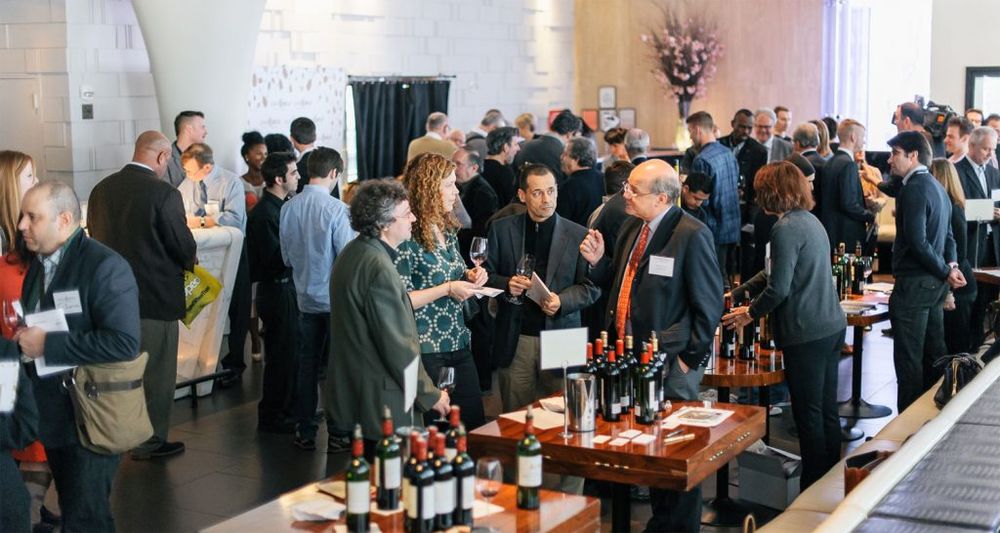
The Grand Cercle tastings are held to showcase the best quality, affordable Bordeaux wines from all appellations
It is also the only event that the Grand Cercle is doing outside of France in 2018, explains president and founder, Alain Raynaud.
“London will the first presentation of our en primeur wines anywhere in the world. The UK market is very important to us, not just for volume sales, but also because of its reputation around the globe. It is very important for us to be here,” he explains. “We are very confident about the quality of wine we will be showing.”
But with 50% less production across the region and with 80 of its 150 plus members badly hit by the 2017 frosts then it is not the right time to be hosting similar events around the world like it has in previous years.
“London is close by and the experience of hosting a tasting there is very important to the image of Bordeaux internationally. We also have such a long history and association with working with the UK.
“It is much more expensive for our producers to go to the US, for example, to host a tasting. The economic situation in Bordeaux means that would be a hard thing for them to do.”
He adds: “If we are going to save one tasting then it has to be the UK.”
Which means the UK trade will be able to taste the wines of around 50 producers – similar to 2017 – from right across Bordeaux at the London tasting
“We also invite a lot of journalists to the tasting who also have a very important role to play in how the wines are assessed. Their advice and feedback is essential. Particularly now we don’t have Parker any more. The views of the British journalists are respected as being truly independent.”
The key, he says, is to give all its visitors to the London tasting the time and room to be able to taste the wines in comfort. Which means not having too many people there – around 200 are expected – and the right amount of wines to taste in the time period.
Open to all
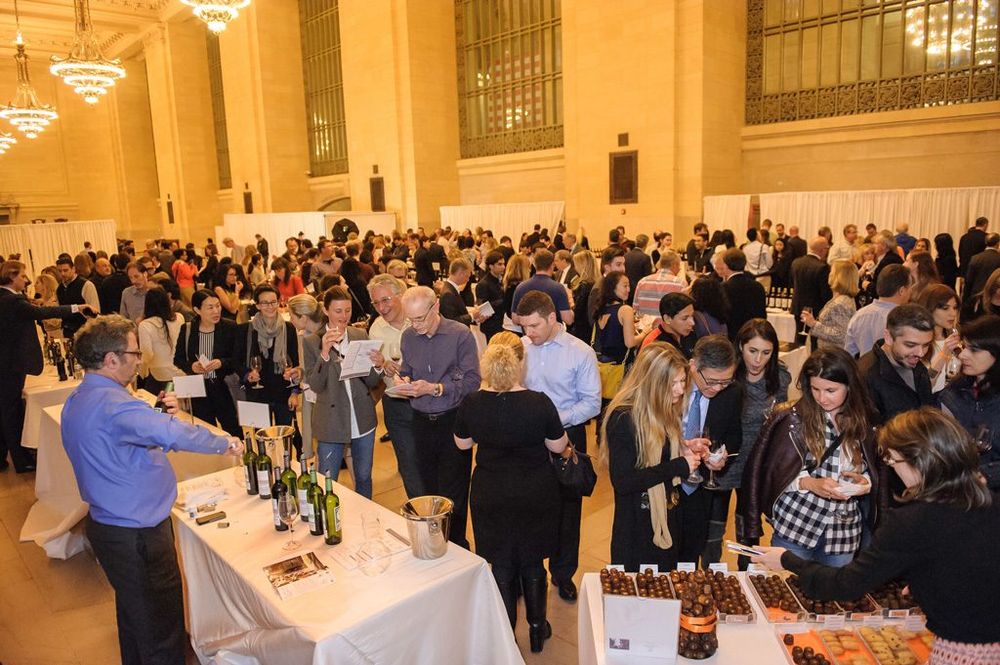
The Grand Cercle is what you might call the more democratic side of Bordeaux. Where producers and wines are judged on their quality alone and not their history and where their vines just happen to be.
The overall aim is to showcase and promote affordable Bordeaux wines from across all its appellations. The most expensive wines in its group will only be around €30 to €35 mark.
Yes, the association wants to include as many wines and producers that reach the required level, but equally it needs to make tastings manageable and efficient for buyers attending them.
All in all means there are around 150 to 160 properties in the group, as some leave and other join. But what is most important is that it has wineries that cover all 27 Bordeaux appellations, with currently around 50 from the Left Bank and the rest from the Right Bank.
To be included in the Grand Cercle your wine has to pass through a strenuous set of blind tastings, each based on a set of stiff criteria, at three different times of the year.
Producers have to submit wines from three different vintages. The wines are then tasted side by side with no preference to any specific appellations or quality of wine.
It is not enough, though, just to make a quality wine, any producer chosen to be part of the Grand Cercle also has to show it follows common ethical practices regarding how the wines are made and then taken to market.
If producers are new or not well known to the organising committee then they will also receive a personal visit to ensure its winemaking and production standards are up to the required level, explains Raynaud.
Key criteria
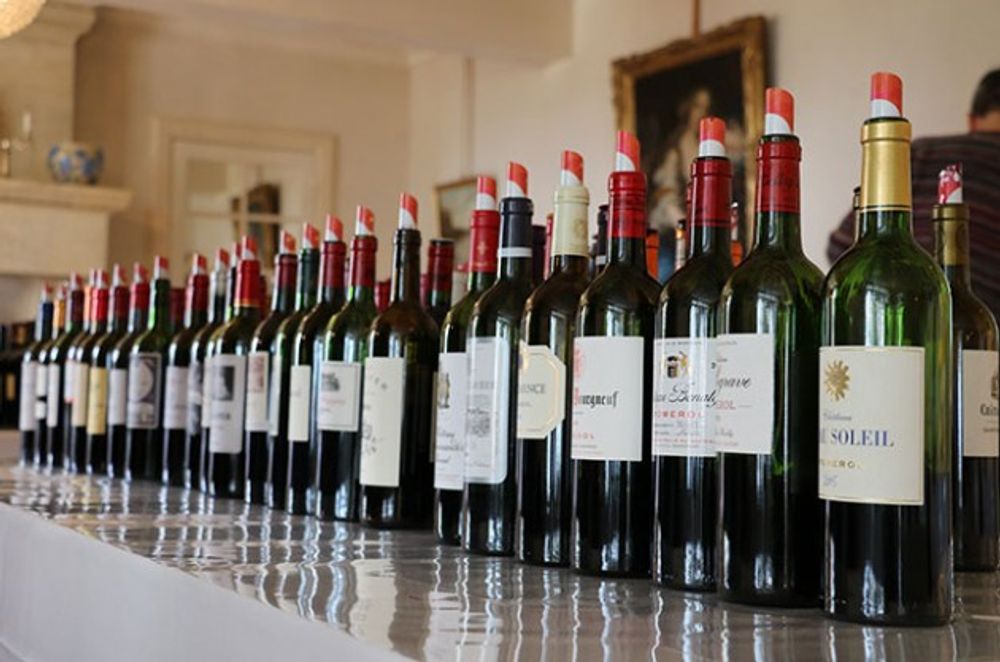
All lined up to taste…
Other key criteria that is taken in to consideration includes:
• Innovation: what steps a producer is taking towards analysing its soils and terroir, water drainage, disease control, with the least possible use of chemical products.
• Yield controls: what steps are being taken around pruning and the use of techniques to help ripen grapes in clean, disease-free condition.
• Vineyard protection: what pesticides are being used and steps taken to protect the wider ecosystem.
• Harvesting: what steps are taken during harvesting to look after the quality of the grapes, how grapes are picked and selected in th vineyard. and in the vathouse.
• Ageing: what ageing techniques are used, use of oak barrels.
• Tourism: how welcoming are they to visitors to the estates for tastings and visits.
It is only right that any producer chosen for the Grand
Circle is put through their paces, says Raynaud.
“Bordeaux faces such strong competition from all over the world and it needs to face up to that more. We have to be able to prove the quality of our wineevery year. Bordeaux has to wake up and realise that.”
Which is why he is always pleased to see new, younger producers join Grand Cercle as they represent the future for the region. “We usually accept six to eight new members every year.”
The 2017 vintage
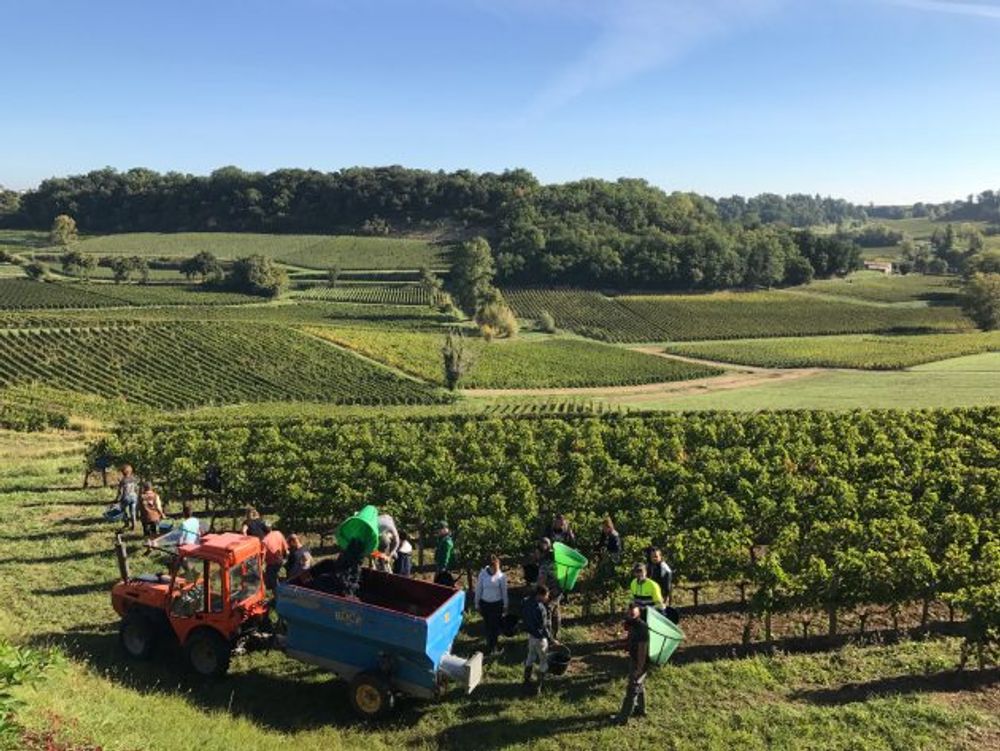
Harvest underway at Gavin Quinney’s Chateau Bauduc
So what should buyers expect from the 2017 en primeurs wines? Raynaud is quietly confident they will like what they see.
For putting aside the damaging frosts and the producers that were affected, the rest of the year’s weather was very much on track with past good vintages.
Whilst the region as a whole is said to have lost up to 50% of its production, there were still large parts that came through the vintage damage free. “Those closest to the river and on higher ground had a normal crop,” says Raynaud.
“The vintage for them was similar to the conditions in 2015 and 2016 when the wine quality has been very good.”
But he equally has great sympathy for all the producers, including their own, that lost so much of their production. “It has been very bad and very sad for those involved. But you have to remember we had two or three nights of extreme frost,” recalls Raynaud.
Despite the smaller volumes, and potentially high quality, Raynaud does not expect prices to be too adversely affected.
“We work in an open market, but even with a small production we would be stupid to raise prices too much. It is not the consumer’s fault, they had nothing to do with the frosts.
“It is always the quality of the wine that fixes the price.”
- You can register and find out more about the Grand Cercle tasting which takes place between 4pm and 9pm on March 13 at Le Meridien, Piccaddilly here.
